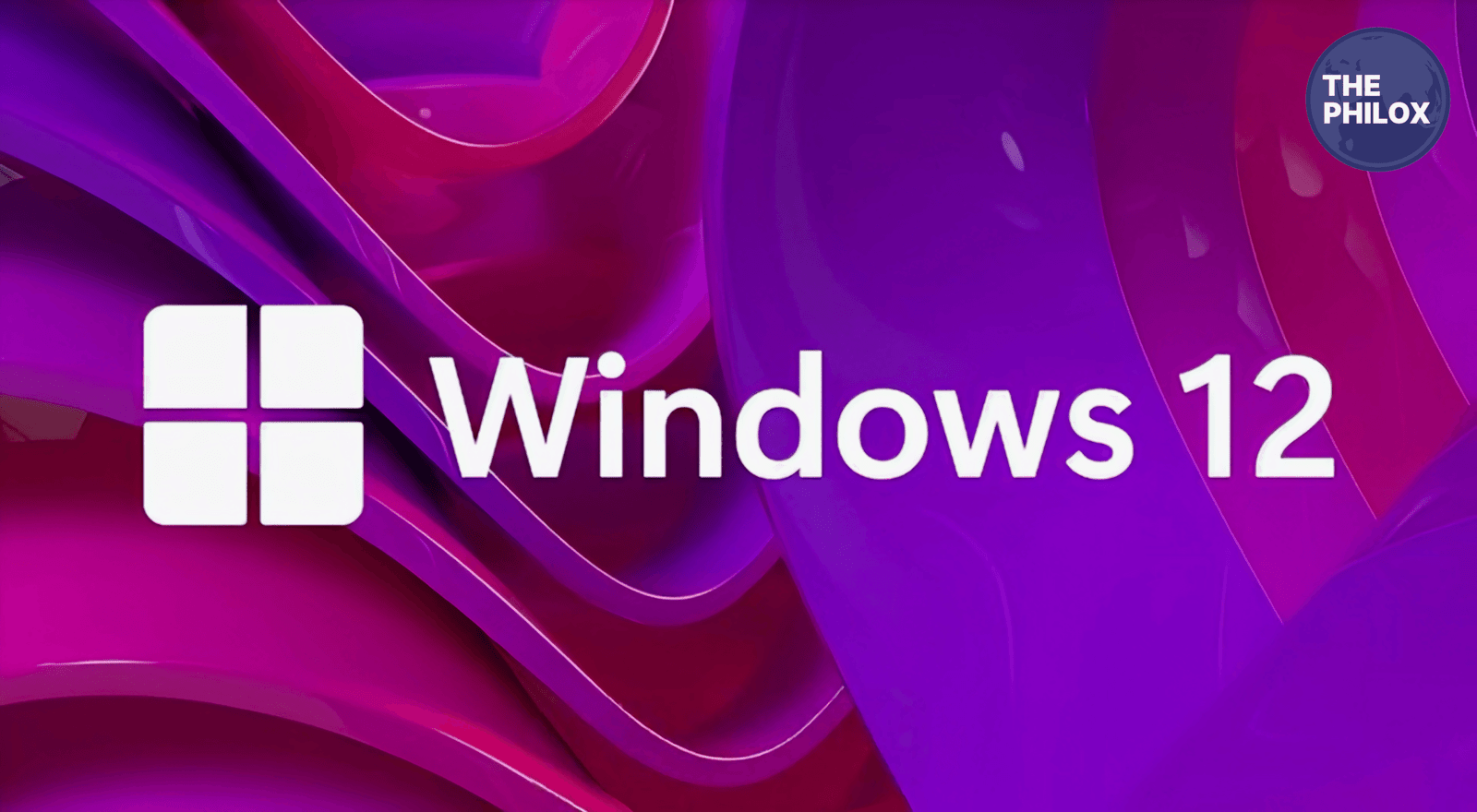Microsoft is expected to release Windows 12, the next-generation operating system, by the end of 2025. With all the feedback gathered from Windows 11, Windows 12 will bring much more improvements in deep integration of artificial intelligence (AI) to improve user experience and productivity. AI-driven features will help users with file organization, system optimization, and personalized suggestions. A major innovation to be represented will be the modular design of a “Core PC,” which tries to provide a more flexible, secure, and efficient system with faster update times and superior hardware scalability. Windows 12 will also build upon the new user interface offered by Windows 11, creating more customization choices, an optimized File Explorer, and an even better taskbar. These updates, on one hand, will address criticisms from Windows 11, for instance: the high system requirements and the mandatory Microsoft account setup, concentrated on more compatibility and more user-centric features of the product. Therefore, Windows 12 would better embrace various technological advancements that change user preferences, be it competitive demand or increased adoption.
